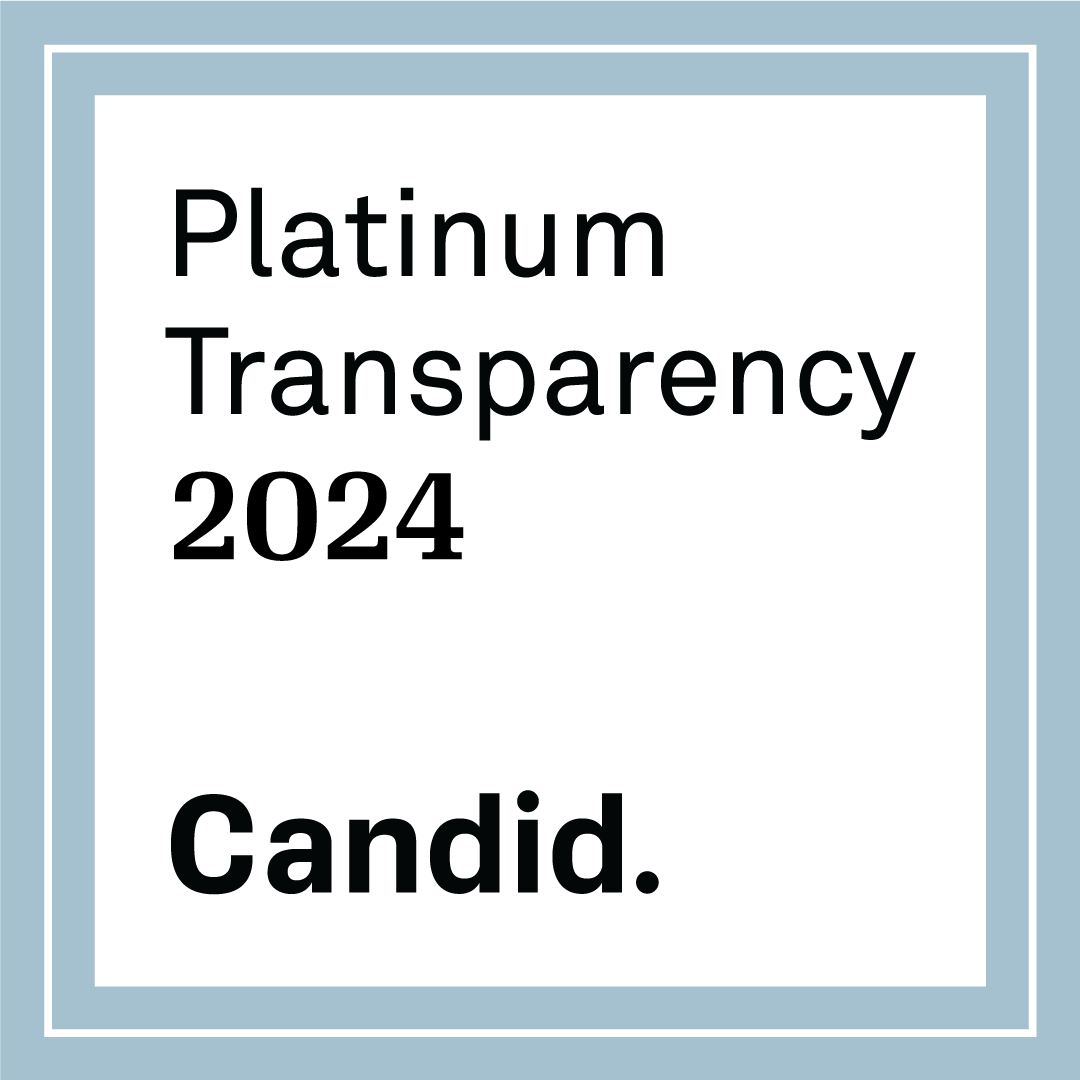New Eelgrass Protection and Mitigation Plan Finds Compromise Between Environment and Dock Owners of Newport Bay
Coastkeeper offers services to help dock owners restore eelgrass to fulfill dredging permit requirements
ORANGE COUNTY, January 28, 2016 – The City of Newport Beach’s new Eelgrass Protection and Mitigation Plan for Eelgrass in Newport Bay may be a win-win for dock owners and the environment, says Orange County Coastkeeper. Eelgrass — a foundation species, which provides important habitats and filters harmful pollutants out of our waters — is a critical component of a healthy bay ecosystem. However, past policies protecting valuable eelgrass habitat have often hindered and amplified costs of routine repairs and dredging for individual property owners.
For years, eelgrass has battled a perception of being a nuisance—often getting tangled up in the boat engines and delaying construction and dredging projects. To complete a dredging project near eelgrass habitat under the current policy, property owners pay costly fees to have contractors survey, replant and monitor the mitigated eelgrass for five years. This financial and legal obligation has made property owners weary of having the plant present near their property.
Fortunately, says Coastkeeper, the new plan changes this perception by setting an attainable bay-wide minimum standard for eelgrass and reducing the responsibility of individual property owners to maintain eelgrass mitigation. Under the new plan, the amount of routine dredging projects — which may negatively impact shallow water eelgrass — will be determined based on bay-wide eelgrass levels. If the eelgrass is doing well, more dredging is allowed, but if eelgrass area bay-wide falls below the established minimum level, fewer dredging projects impacting eelgrass will be permitted.
“We hope this plan will discourage illegal harvesting of eelgrass and promote healthier relations between property owners and eelgrass, because everyone benefits from a healthier bay full of eelgrass,” says Sara Briley, Coastkeeper marine restoration director. “The side benefits will be better water quality, which is necessary to maintain eelgrass, more fish and a more resilient bay ecosystem.”
Orange County Coastkeeper, in partnership with the City of Newport, is offering its restoration services to property owners requiring eelgrass mitigation at an affordable price. Since 2012, Coastkeeper has planted 1,300 square meters (0.3 acres) of eelgrass in Upper Newport Bay and, with a bit of help from Mother Nature and the right conditions, eelgrass coverage at the project sites has more than tripled. Over 150 land-based and scientific-diver volunteers have volunteered their valuable time to our program to ensure the health of eelgrass in Newport Bay. Coastkeeper will continue to work with the City, its residents, and community volunteers, to promote eelgrass health while balancing the needs of a recreational harbor.
For more information about Coastkeeper’s Restoration efforts and how to obtain mitigation help, please visit coastkeeper.org/restoration. For more information on the dredging permit process with the City of Newport Beach, click here.
###
ORANGE COUNTY COASTKEEPER: Orange County Coastkeeper is a member of the International Waterkeeper Alliance, which has 236 different independent programs across 29 countries. Founded in 1999, the mission of Coastkeeper is to protect and promote sustainable water resources that are swimmable, drinkable, and fishable. Coastkeeper is a nonprofit clean water organization that serves as a proactive steward of our fresh- and saltwater ecosystems. We work collaboratively with diverse groups in the public and private sectors to achieve healthy, accessible, and sustainable water resources for the region. We implement innovative, effective programs in education, advocacy, restoration, research, enforcement, and conservation. For more information, visit www.coastkeeper.org or call 714-850-1965.






